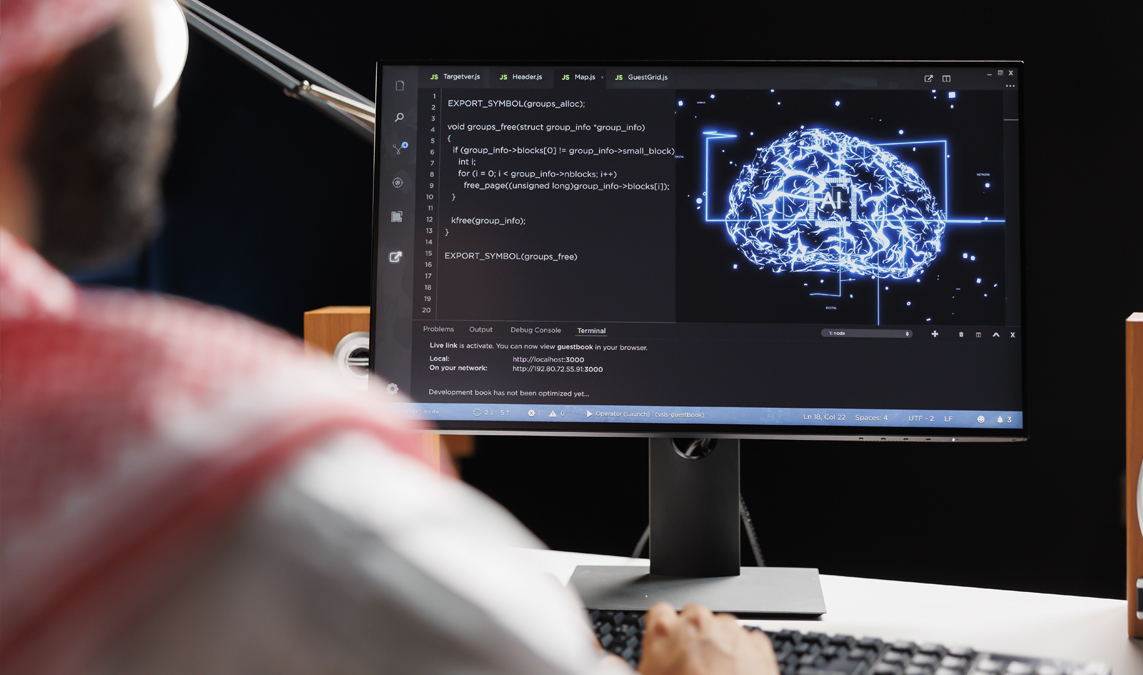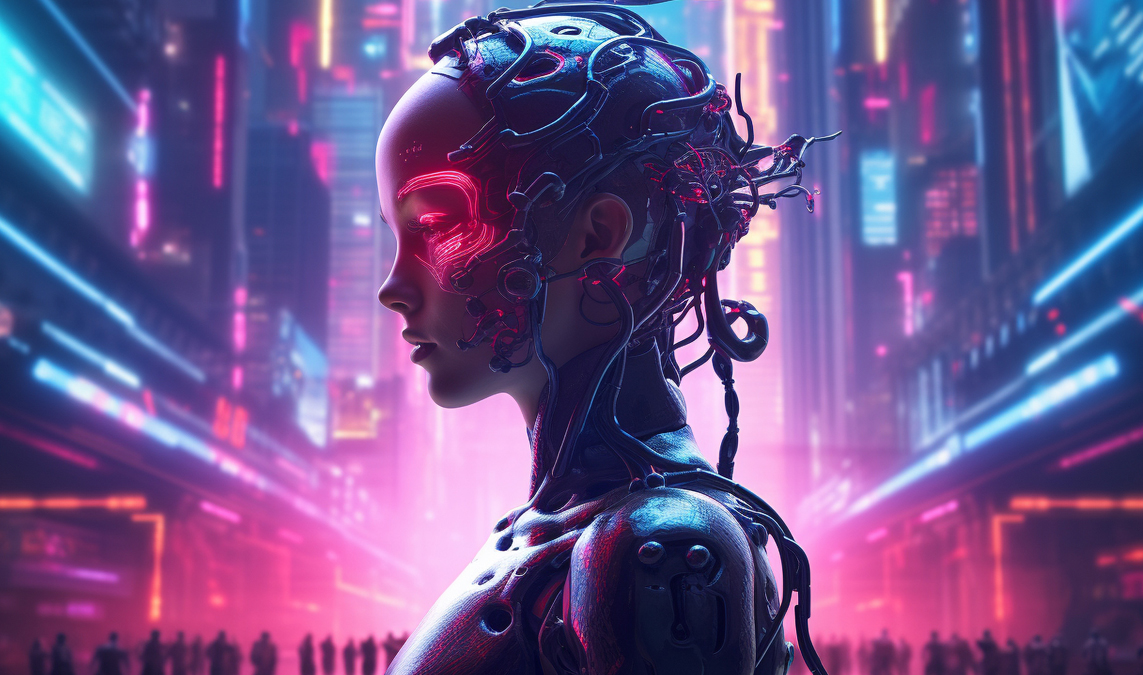Artificial intelligence trends are transforming the world. Across various industries, AI is shaping the future, driving technological advancements, and promoting international cooperation. As nations work together, AI helps foster global unity and peace. This article explores the most significant AI trends, focusing on their impact on industries and the global community.
1. Ethical AI: Building Trust Across Borders
Ethical AI has become one of the most discussed topics globally. As AI grows, ensuring its responsible use is critical. Governments, organizations, and researchers are collaborating to create frameworks that promote fairness, accountability, and transparency in AI. The European Union, for instance, has introduced the AI Act to regulate AI technologies and ensure they align with human rights and ethical standards. These efforts are encouraging international collaboration and promoting peace by preventing misuse and protecting citizens.
AI ethics will continue to evolve. Countries will work together to address issues like bias and data privacy. As they collaborate, they aim to create a world where AI serves humanity’s best interests. Ethical AI not only benefits individual countries but also unites nations toward a common, peaceful goal.
2. AI-Driven Automation: Empowering the Global Workforce
Automation powered by AI is rapidly changing industries. From self-driving vehicles to automated production lines, AI makes processes faster, more efficient, and less prone to errors. This trend holds vast potential, particularly in regions that are leveraging AI for economic growth. However, automation also creates challenges. As AI replaces some jobs, others are created, and workers must adapt.
Countries worldwide are responding by introducing reskilling programs. Nations like India and Brazil are investing in AI education and training to ensure that workers can thrive in the new job landscape. By focusing on worker development, these countries aim to mitigate job displacement and foster greater economic stability. Thus, AI-driven automation not only drives innovation but also helps improve job security and income levels globally.
These efforts ensure that AI enhances the workforce and promotes sustainable economic growth. As nations collaborate on these programs, they lay the foundation for peace and prosperity in the global economy.
3. AI for Global Health: Advancing Health Equity
AI is revolutionizing healthcare. From improving diagnostic tools to accelerating drug development, AI is helping to address global health challenges. For instance, during the COVID-19 pandemic, AI helped track the virus’s spread, develop vaccines, and manage resources effectively. AI’s predictive capabilities also assist in identifying disease outbreaks early, enabling quicker responses.
International organizations like the World Health Organization (WHO) are incorporating AI into their global health initiatives. These efforts focus on providing affordable, accessible healthcare to underserved populations. Through AI, countries can bridge healthcare gaps, reduce inequalities, and improve health outcomes. As nations unite to harness AI’s power for health, they promote peace by ensuring better access to care for all.
AI also contributes to mental health support. AI-driven apps offer real-time support, providing personalized care for individuals in need. These innovations can help reduce global mental health challenges, ultimately creating a more peaceful, healthier world.
4. AI and Climate Action: Uniting Nations for Environmental Sustainability
Artificial intelligence trends are proving crucial in the fight against climate change. From improving energy efficiency to optimizing renewable energy use, AI helps reduce carbon emissions and mitigate environmental damage. Machine learning algorithms, for example, are used to predict weather patterns and extreme events, allowing for better preparation and response.
The use of AI in agriculture also helps reduce waste and optimize resource usage. AI-driven systems enable farmers to maximize crop yields while using fewer resources. Similarly, AI improves the efficiency of renewable energy technologies, such as solar panels and wind turbines.
Nations around the world are joining forces to address climate change. Through international initiatives, countries are leveraging AI to combat global warming and ensure a sustainable future. By working together, they reduce the environmental impact and create a peaceful, more sustainable planet.

5. AI in Global Security: Enhancing International Cooperation
AI is transforming how nations approach security. Whether in cybersecurity, defense, or disaster management, AI improves the efficiency and effectiveness of security efforts. AI can predict cyberattacks, optimize military strategies, and help manage natural disasters. These capabilities allow countries to respond faster and more effectively to threats.
International cooperation plays a vital role in AI security. Collaborative efforts, such as the Global Partnership on Artificial Intelligence (GPAI), help nations develop common frameworks for using AI responsibly in security contexts. By promoting shared security interests, AI strengthens trust and cooperation between nations, contributing to a more peaceful world.
Security-related AI also addresses global challenges like terrorism and organized crime. By enhancing global security efforts, AI fosters international peace and stability.
6. The Role of AI in Consumer Technology: Bridging Gaps
AI is becoming a part of everyday life. Voice assistants, smart home devices, and personalized recommendations are just a few examples of how AI is enhancing consumer experiences. These innovations have made technology more accessible to people worldwide, helping bridge gaps between different regions.
AI also plays a crucial role in improving accessibility for people with disabilities. AI-powered technologies, like speech recognition and real-time translation, enable individuals with hearing and visual impairments to engage more fully with the world. These advancements promote inclusivity, uniting people from diverse backgrounds.
As AI continues to integrate into consumer technology, it is improving lives globally. From offering personalized experiences to enhancing accessibility, AI’s impact on consumers is profound. These advancements unite nations and bring people closer together through technology.
7. The Future of AI: Challenges and Opportunities
While AI brings immense benefits, it also presents challenges. Data privacy concerns, the potential for misuse, and regulatory issues need to be addressed. However, these challenges offer opportunities for collaboration. As nations work together, they can develop solutions that ensure AI is used responsibly.
The future of AI holds limitless potential. As AI technologies continue to evolve, they will help solve some of the world’s most pressing problems, from poverty to inequality. Nations must continue collaborating to unlock AI’s full potential and ensure it benefits all of humanity.
Conclusion - Artificial Intelligence Trends
In conclusion, artificial intelligence trends are reshaping the future of technology. From ethical AI to global health improvements, these trends not only drive innovation but also unite nations in pursuit of peace and progress. As AI continues to evolve, it holds the power to bring people together, create shared opportunities, and promote a better world for all. By embracing these trends and collaborating across borders, we can harness AI’s potential to solve global challenges and create a more prosperous future.







